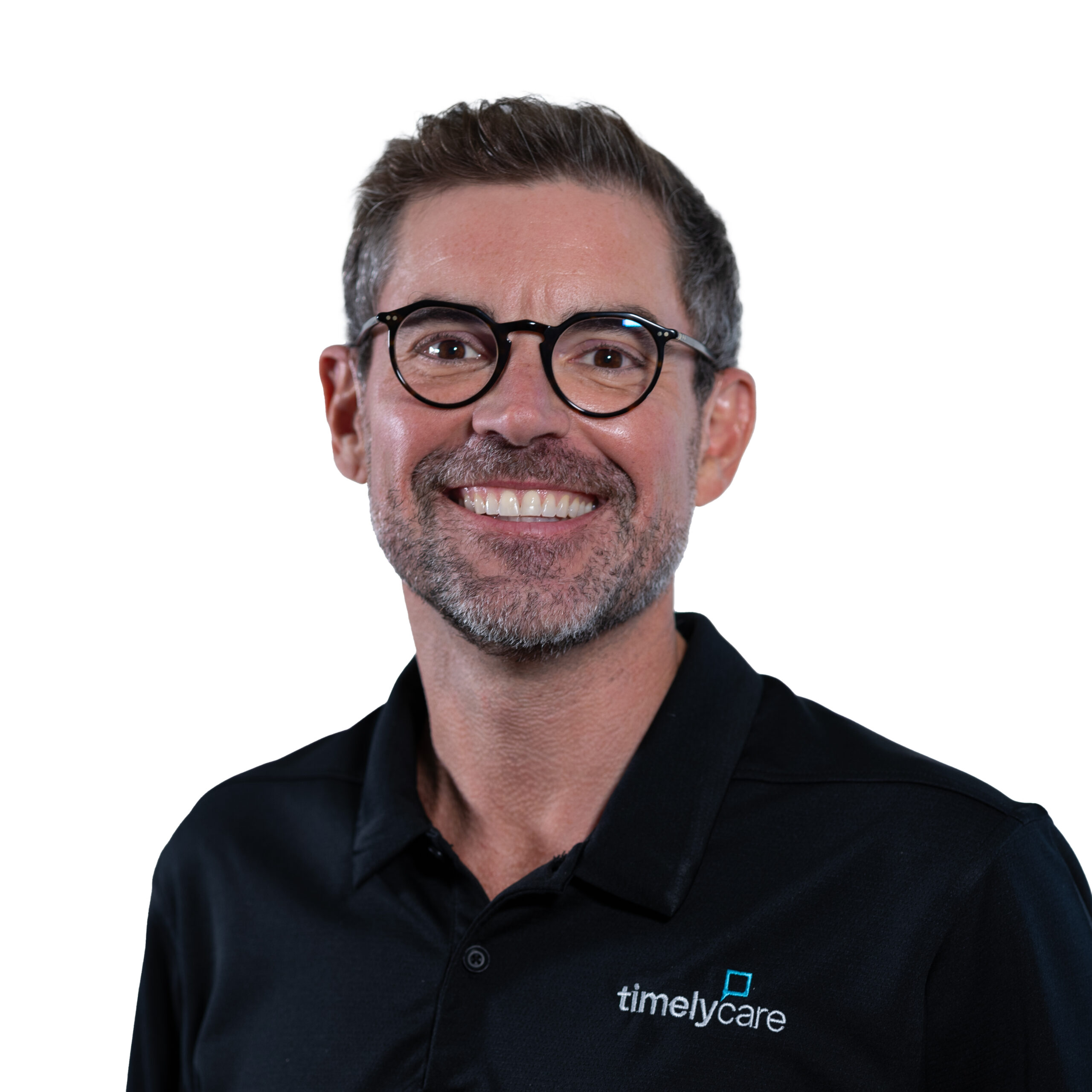Table of Contents
As the world continues to battle COVID-19, colleges are challenged to rethink retention strategies and their approaches to teaching. Complicating matters more, researchers warn of an abrupt reduction of full-time freshmen expected to arrive in 2025–26 due to the drop in birth rates between 2008 to 2011. And, according to U.S. Census Bureau projections, older people will outnumber children by 2034 for the first time in U.S. history.
As if these challenges weren’t enough, COVID-19 has exposed flaws in the ability to deliver a remote education equitably and inclusively. The persistent achievement disparities across income levels and between white students and students of Black and Hispanic heritage are troubling. School shutdowns cause disproportionate learning losses for these students, compounding existing gaps and leading more of them to drop out. This will have long-term effects on students’ economic well-being, as well as on the U.S. economy as a whole.
These realities threaten the status quo in higher education, calling into question a way of life that has historically promised economic growth and sustainability.
According to a survey of 97 college presidents, unbudgeted financial costs associated with COVID-19 is the number one concern for higher education leaders. The disproportionate impact of COVID-19 on students from disadvantaged backgrounds is their second-highest concern. Although many leaders felt confident their colleges could deliver remote instruction, the survey revealed doubt about whether colleges will effectively engage virtually with their student populations.
What can college leaders do?
Students are questioning the value of their learning experiences and are responding in revolt by not enrolling in and, in some cases, even suing colleges. Given the increasing number of students taking advantage of gap year opportunities and the question of just how long COVID-19 will last, colleges must commit resources to ensure high-quality learning for those who brave the unchartered waters of remote education during the pandemic. Of course, online programs predated COVID-19, but in smaller numbers and not to the extent that we see today.
The spread of artificial intelligence technology, micro-credentials, and online education means institutions must redesign their academic programs and learning experiences — and better prepare faculty to deliver them. Colleges that streamline credentials, incorporate workplace-relevant curricula and try creative teaching strategies will help students be more invested in their academic careers. Why? Because programs will align with their job pathways, improving student retention and persistence.
Shifting market demands require higher education to pivot in alignment. Failure to do so will not only lead to fractured relationships between colleges and employers but will most likely result in industries designing their own curricula, ignoring traditional higher education altogether. At this critical moment, college leaders have the opportunity to embrace these changes so students can thrive in this new environment.
Here are five opportunities for college leaders to consider:
1. Empower faculty to innovate through online collaboration.
Higher ed cannot force students to be innovative if it refuses to reinvent itself. It must develop long-term strategies to promote faculty learning.
Southern New Hampshire University’s Sandbox Collaborative found a way to do just that with its Sandbox internal consultancy and collaborative workspace initiative. While the lab has a physical presence, faculty learning and interactions happen virtually, as educators participate in an array of exercises to devise solutions to evolving classroom needs.
Colleges must rethink their approaches to faculty preparedness going forward to ensure relevance. These difficult days are an opportunity for colleges to question whether they have properly invested in the faculty charged with delivering innovative programs. Without investing in human capital, colleges will fail to achieve their mission and student success.
2. Increase the flexibility of instruction, learning, and assessment.
Lewis-Clark State College provided faculty with a range of learning approaches and resources designed to help vulnerable students persist during COVID-19. Their resource page acknowledges for faculty the difficulty of the times, but also provides resources for them to use.
This example demonstrates the point: rather than waiting to see how students will succeed through online instruction, college leaders should proactively plan for their success. College leaders must ask deeper questions about how they have traditionally assessed learning and whether their approaches are irrelevant and possibly even barriers to student success.
3. Advance workforce development through the integration of virtual reality.
The Alabama Community College System developed JumpStartAL — a private-public partnership that uses virtual reality training modules to teach workplace skills such as reading blueprints and using precision measuring tools. The program was developed with local industry partners to ensure learning outcomes directly align with what manufacturing and other fields need.
This is a prime example of an institution creating an academic pathway in sync with student career pathways. And as institutions look to become more efficient in how they use physical space, AI technology requires less infrastructure overhead, while expanding learning capabilities. Not only does JumpStartAL promote learning in the midst of COVID-19, but it advances workforce training and development beyond traditional brick-and-mortar structures.
4. Revolutionize adult education and develop flexible online learning to address skill gaps.
As America retools its workforce, colleges must get creative about how to approach adult and continuing education. Streamlined learning experiences promote student engagement and program completion, improving student retention and persistence. Offering micro-credentials can streamline education and address immediate skill gaps.
The Interactive Competency-Based Online Micro-Credentialing Academy set to launch this fall at San Diego Community College District will provide adult learners with interactive career education related to small business, entrepreneurship, and information technology. This program is designed to quickly equip adults with current employment opportunities.
5. Prioritize student mental health.
Data confirms that more U.S. adolescents and young adults in the late 2010s versus the mid-2000s experienced serious psychological distress, major depression, and suicidal thoughts, and more attempted suicide and took their own lives. In fact, 37% of Gen Zers report fair or poor mental health, compared with just 15% of millennials. Suicide is the second-leading cause of death in Gen Z.
In its issue entitled The Post-Pandemic College, the Chronicle of Higher Education asserts that “a lasting legacy of COVID-19 will be wider adoption of telehealth. With many campuses likely to be closed into the fall or beyond, colleges have turned to virtual counseling, helping break down barriers for both patients and clinicians to remote therapy and identifying platforms that comply with privacy laws.”
College leaders need to respond quickly and substantively to the growing mental health needs of students. We must meet students where they are — when it comes to academics, financial aid, healthcare services, student services, etc. — as COVID-19 continues to impact every part of their lives.
COVID-19 has accelerated trends. Colleges experiencing financial hardship pre-pandemic are experiencing more financial hardship now. People looking for learning opportunities to secure their financial futures pre-pandemic are now looking for more learning opportunities that are fast, engaging and creative.
As higher education evolves, our colleges must be fiercely devoted to innovation — and not just in theory. The growth and sustainability of our country depend on our ability as college leaders to transform postsecondary education.
If you’re interested in learning how telehealth can support your college community through COVID-19 and beyond, contact TimelyCare to learn how 24/7 access to mental health can help you meet students where they are.






